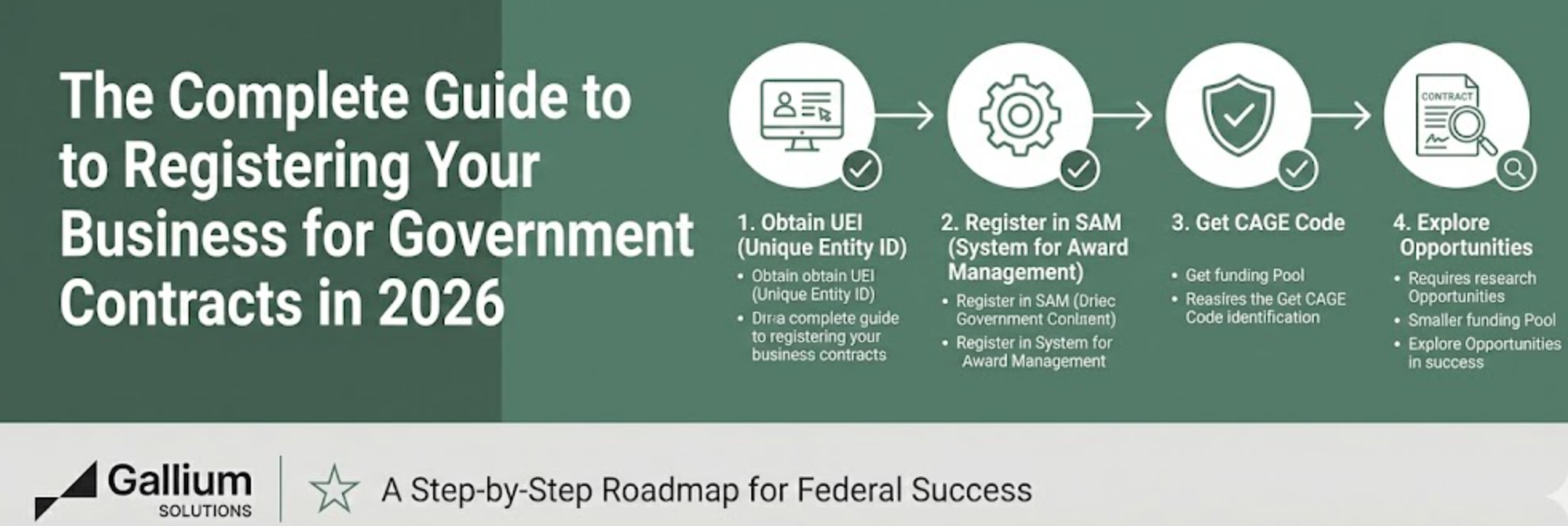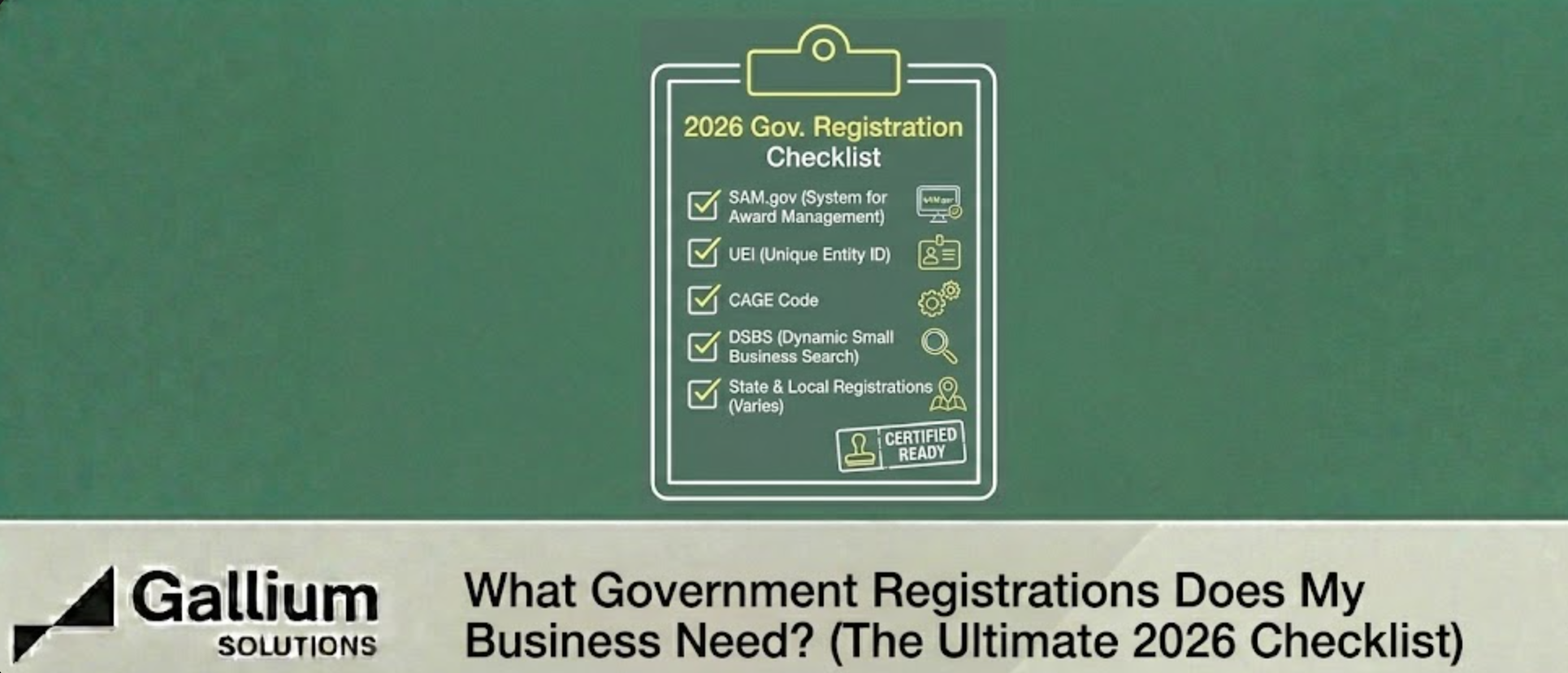Will Foreign Personnel Impact Our Federal Grant Proposal?

One of the questions that we often get from new clients or clients who are submitting a federal grant proposal for the first time is if they can have foreign workers on the projects. The short answer is … maybe.
The federal government is keenly interested in the nationality and work status of foreign employees for a variety of reasons. In our corner of the world, it really is in the interest of national security. While some countries pose little threat to us, such as our large neighbor to the north, workers from adversarial countries may be cause for concern.
Additionally, an Executive Order signed by President Donald Trump in August 2020, calls for greater scrutiny in the use of foreign workers in federal contracting. “Aligning Federal Contracting and Hiring Practices with the Interests of American Workers” instructs federal agencies to perform additional review of contractors’ use of foreign workers in government contracting. While this order did little to change how foreign workers are viewed, it does provide for the government to request additional information about these types of workers.
Common categories of foreign workers
In general, most of the submissions Gallium Solutions prepares for clients do contain a small section regarding foreign workers. We believe in full transparency when preparing a submission, so it is our policy to list anyone with dual citizenship, especially if the person is listed as a key personnel member. We will also list anyone who is a naturalized American citizen, especially if their name, CV, or educational background contains information from a foreign country. This avoids any concern that may arise during a submission review.
We also list any employee who holds a green card as well as their country of origin. The term “green card,” simply means that this person is a non-U.S. citizen with permanent residence in the United States. We also will list any employee who is employed through the H-1B visa program. This program allows companies to employ non-immigrant workers in specialty occupations that require at least a bachelor’s degree.
Listing this information does not constitute automatic acceptance. It is provided for the review of the federal agency.
Unapproved employees
Occasionally, a client may have an employee whose citizenship status may either be cause for concern or is not acceptable under federal requirements. In these cases, if the contract is awarded, the employer needs to take additional steps to ensure that the employee/contractor does not work on the project or has access to the project data. Should this situation occur, we provide our clients with suggestions on how to approach this.
Foreign students
Occasionally, and especially with Small Business Technology Transfer Research Program (STTR) applications, there are questions regarding the use of foreign students. STTR applications require the use of a research entity, such as a university, to conduct research. Typically, this work includes graduate students.
In general, federal contracts will state the restrictions and/or limitations that must be placed on those working on them. This extends to student work. Faculty members employed by research institutions may not be aware of these restrictions, so it’s important to confirm that any graduate students on the project are either US citizens or have the proper citizenship status to work on the project before submission.
Our general rule of thumb in assisting our clients in this matter is to ensure that the foreign employee provides this information up front so it can be included in the submission. Should the contract be awarded, the federal agency may require more documentation regarding the employee’s status, which can be provided at that time.
If you have additional questions about foreign workers and your federal grant submission, we'd love to talk, contact us here.












